Mo., Dez. 19th 2022
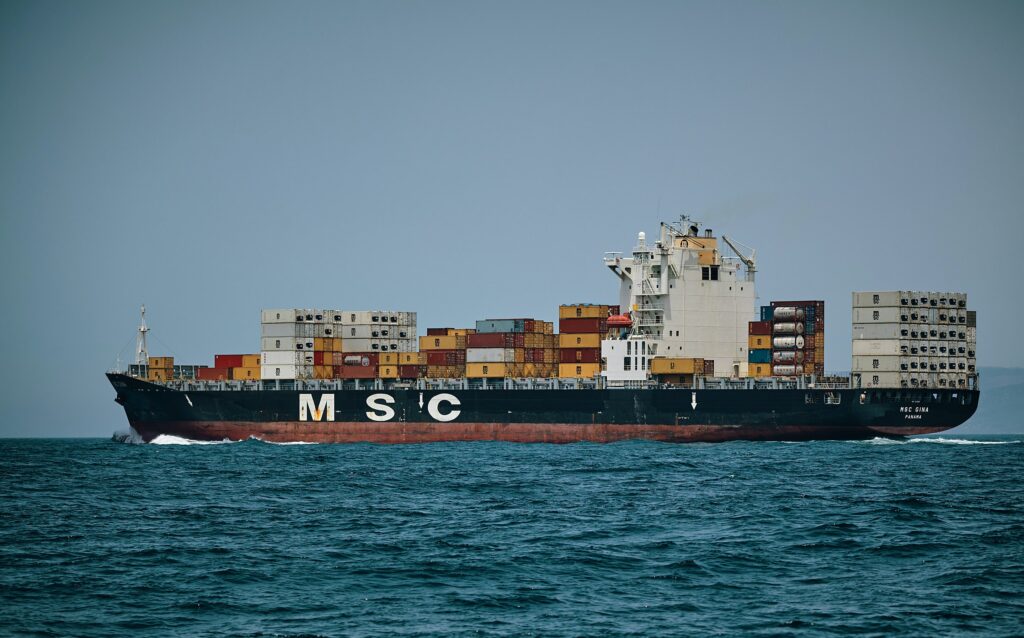
MCS has a fleet of more than 700 ships like the one pictured above.
The richest family in Switzerland – the Apontes, who own the Mediterranean Shipping Company (MSC) in Geneva – have come under fire for allegedly turning a blind eye to brazen cocaine smuggling aboard their ships.
How the pandemic helped make the richest family in Switzerland
MCS has the largest fleet of container ships in the world at 700, but the Swiss group also owns ferry lines, cruise lines, cargo planes, real estate all over Switzerland, and dozens of port terminals around the world. As MSC grew exponentially during the Covid-19 pandemic it was hiding a budding secret: MSC had also become a prime drug-trafficking conduit for Balkan gangs, according to a bombshell report in Bloomberg Businessweek. The report is based on interviews with more than 100 people, including current and former law enforcement officials and MSC employees.
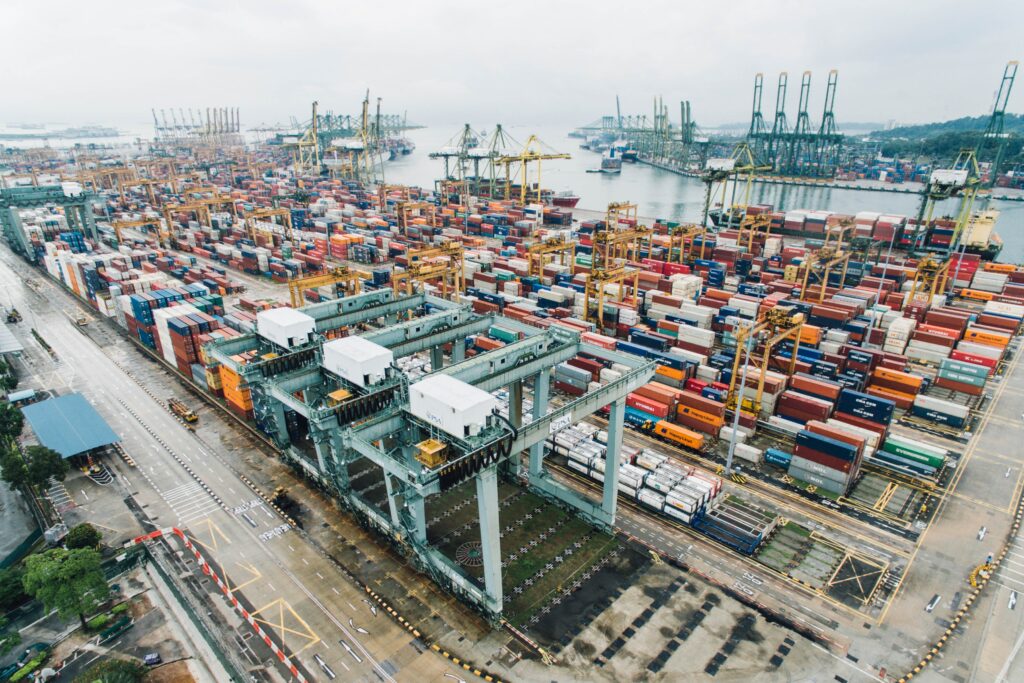
The price of an MSC shipping by frigate increased six-fold during the pandemic.
In June 2019, more than 100 U.S. Customs and Border Protection (CBP) agents boarded MSC’s Gayane ship as it docked into the Port of Philadelphia. While inspecting wine and nuts, the agents discovered 20 tons of cocaine worth about 1 billion Swiss francs. Smuggling cocaine onto boats is nothing new in the world of drug trafficking; what was shocking is that more than one-third of the Gayane crew admitted to helping the traffickers. They said they used speedboats at night to transfer the cocaine onto the ship while it lumbered through open seas off the coast of South America.
The crime was so enormous that the agents seized the 1,000-foot-long ship on the spot.
Months later the chief operating officer of MSC Claudio Bozzo met with agents in Washington, D.C. Bozzo said the “crew’s actions had come as a surprise,” according to a source who spoke with Bloomberg. Bozzo spoke of MSC’s humble beginnings and the company’s remorse, but the agents didn’t buy it.
U.S. Intelligence had been monitoring the Geneva company for years and had concluded that the influential Balkan Drug Cartel had been working with MSC crews for almost a decade. The Balkan cartel accounts for more than half of the cocaine being bought and sold in Europe.
“We certainly didn’t see MSC as a victim in all this,” U.S. attorney for the Eastern District of Pennsylvania William McSwain told Bloomberg. McSwain presided over the case.
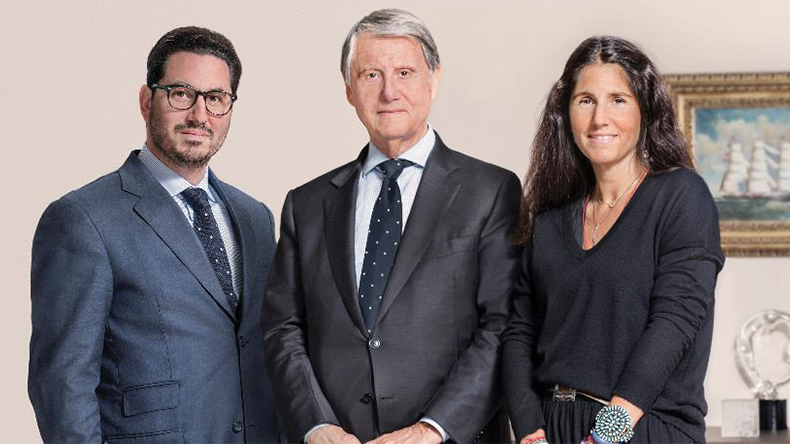
Gianluigi Aponte (center), and his children Diego (left) and Alexa (right) in a photo from 2019.
Since the seizure of the Gayane, U.S. investigators have been focused on a central question: How high up have European drug traffickers infiltrated MSC?
Although more than 150,000 employees work for MCS, all the power is in the hands of the founder Gianluigi Aponte (originally from Italy), his wife Rafaela, and their adult children Diego and Alexa. The headquarters of MSC lie far from the ocean in a quiet neighborhood of Geneva. MSC remains one of the few major shipping companies that is not publicly traded. Moreover, the company refuses to release financial statements on its shipping business.
The 82-year-old Gianluigi is not a public figure in Switzerland; he often opts for other MSC employees to make statements or appear on his behalf. His wealth is so vast, it is difficult to track. Gianluigi and his family owns hundreds of maritime entities from ferry operators to shipping terminals, and from speedboat manufacturers to an entire island in the Bahamas.
“How high the influence of the narcotraffickers lay within this company is unquestionably something that from Day 1 was of great interest to the US government,” former CBP deputy commissioner Robert Perez told Bloomberg.
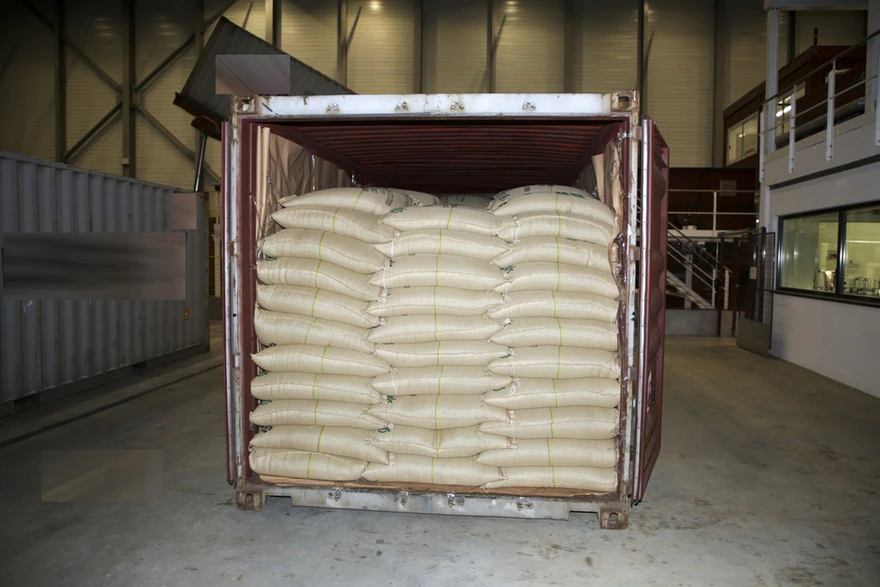
Swiss police in May confiscated more than 500 kg of cocaine hidden in a container in Nespresso factory in western Switzerland.
Law enforcement from all over Europe has been tracking drug traffickers’ movements for decades, homing in on MSC ships over the last ten years or so. Spanish police in 2014 found that a gang of Montenegrin and Serbian traffickers had arranged for cocaine to be shipped via “an immense fleet of seamen hired from MSC ships.” A Montenegrin police report in 2015 found that the main route of cocaine trafficking for the Balkan Drug Cartel was through “container ships of the MSC company, covering the South America — Western European line.”
In 2016, investigators from Belgium, the Netherlands and the U.K. told MSC that the Balkan Cartel had infiltrated an MSC crewing agency to attract crooked sailors to join its crews.
“We told them what we saw and we told them that it had to stop,” Port of Rotterdam police chief Jan Janse told Bloomberg. He added that if MSC didn’t stop, “we told them that there would be the risk that we would do what the United States did later, which was seize their ships.”
Janse said the meeting took place in Geneva in 2016. MSC spokesman Giles Broom says the company has no record of such meeting.
“MSC has met over many years with various customs and law enforcement authorities to discuss drug trafficking risks as part of our collaborations in many countries,” Broom says.
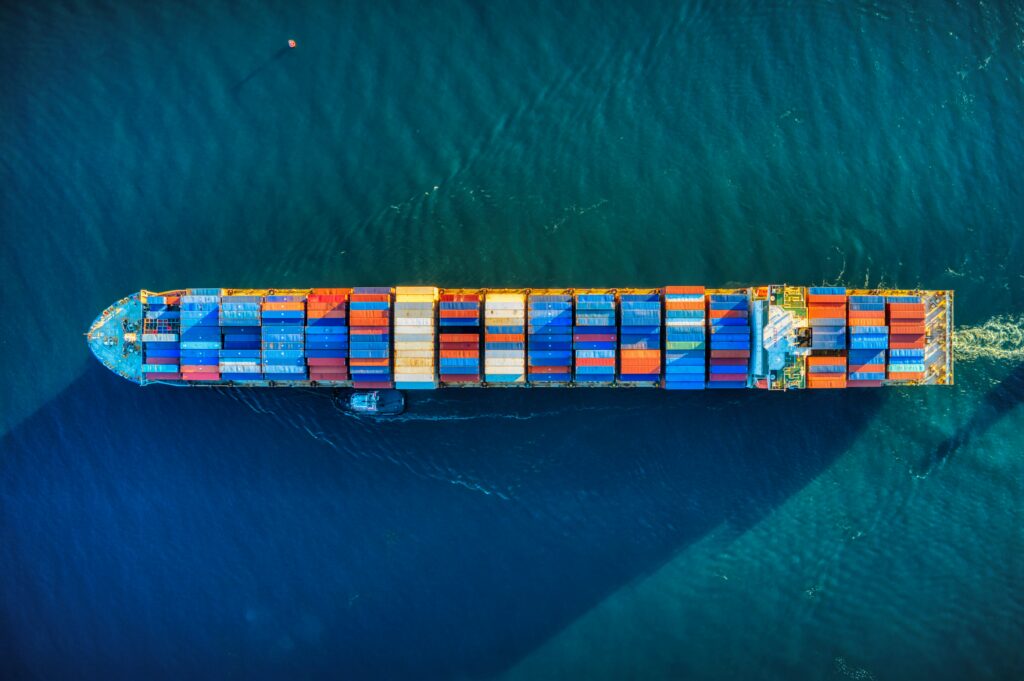
It took U.S. customs agents days to find all 20 tons of cocaine hidden aboard the Gayane.
When U.S. customs agents find drugs aboard a shipping vessel, it is rare that the CBP will impose serious penalties on the shipping company itself. And when regulators do impose fines, they usually let the company negotiate them down. In Europe, fines are very rarely imposed on shipping companies, as customs officials do not have the power to hold companies accountable. In the case of the MSC’s Gayane, the company made a $10 million cash payment, as well as a $40 million bond, to get U.S. authorities to release the ship.
The U.S. case is still ongoing.
U.S. customs officials say MSC owes more than $700 million in penalties. Pennsylvania prosecutors are building a civil case against MSC, saying that the company is responsible for the drug trafficking. MSC argues that it was a victim of drug trafficking and not a corroborator.
MSC is “by far the industry leader in anti-smuggling efforts,” according to MSC’s spokesman Broom. He added that “there is a limit to what anybody should expect from a company and from civilians doing their job: We are not a law enforcement body and we are not mandated, resourced or trained to confront dangerous organized criminal groups.”
Since 2019, MSC has pledged to spend $100 million on anti-smuggling efforts, including using drug-sniffing dogs at certain ports, adding cameras on vessels, and employing guards on ships along the west coast of South America. MSC also sponsored an anti-drug trafficking conference with the World Customs Organization and the United Nations.
For now, the Gayane sails on a new route stopping in Egypt, Thailand, Saudi Arabia and Portugal.
Dieser Artikel darf frei weitergegeben und nachgedruckt werden, vorausgesetzt, es wird auf den Originalartikel verwiesen.
